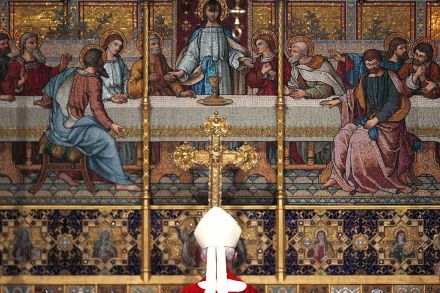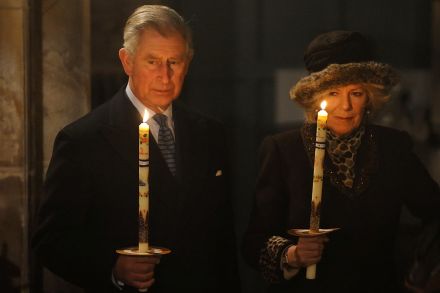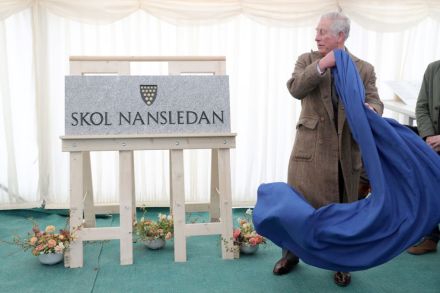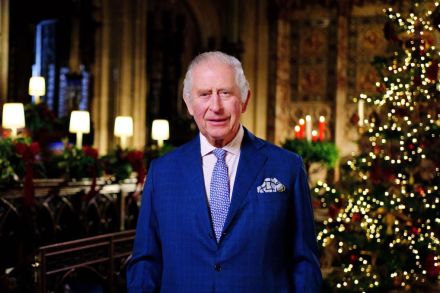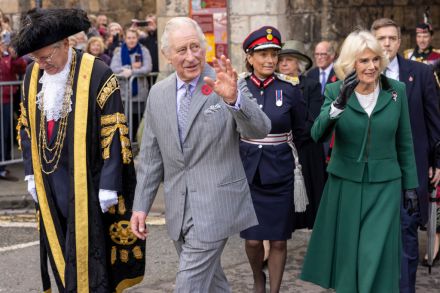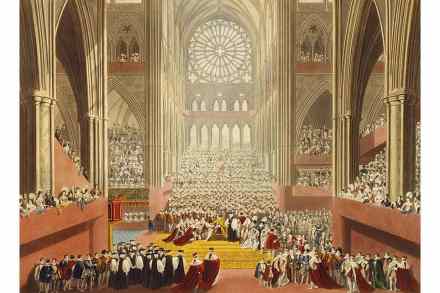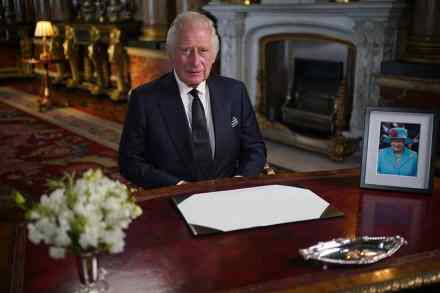My memories of the royal train
It is the most civilised way to travel anywhere in the kingdom. Which is why I am so distraught that the King has cancelled it. This week His Majesty has agreed, reluctantly I can be sure, to decommission his royal train. The decision was announced by the Keeper of the Privy Purse, James Chalmers. Mr Chalmers brings to the Royal Household all the romance and lyricism you’d expect of a chartered accountant who spent 39 years at PwC, including time as something called a Global Assurance Leader. He justified the decision on the basis of the need for ‘modernisation’ and ‘fiscal discipline’. This is not so much letting daylight in


